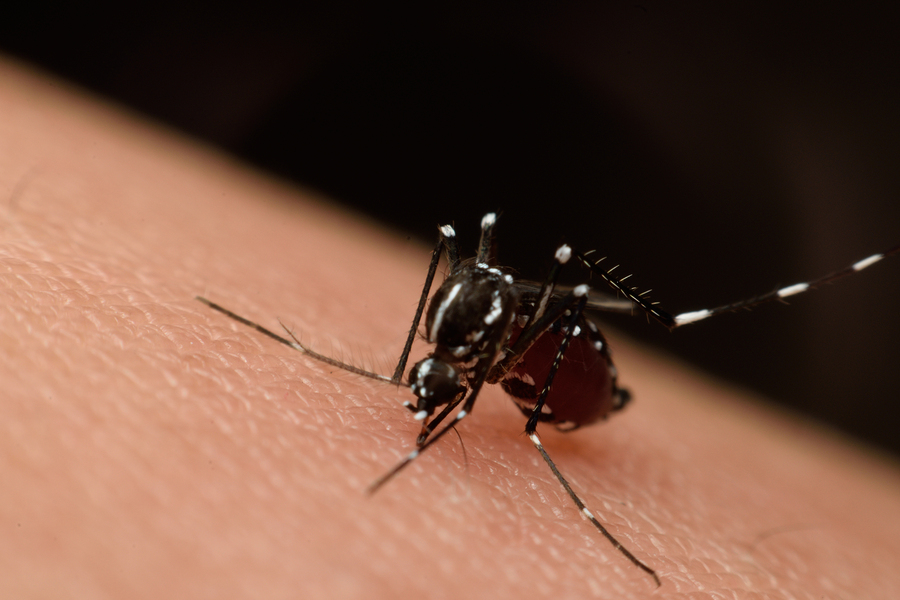AMP criticizes FDA action on lab-developed Zika test
The Association for Molecular Pathology says it “is very concerned and disappointed” about the FDA’s letter to the Texas developers of a molecular test that can detect Zika virus-specific RNA sequences in a large metropolitan area.
“Given the ongoing outbreak of the infection and risk of infection in the Houston area, these types of tests are critical for patient care and should be made available to these patients in need,” the AMP said in an organizational statement. The action “is another clear example” of how the FDA’s plan to require premarket review of many laboratory-developed tests “would hinder patient access to vital medical services,” the AMP said.
The FDA has granted emergency-use authorization for antibody testing at the Centers for Disease Control and Prevention or state public health laboratories. But that testing “will not provide results in the timely fashion needed for immediate patient care,” the AMP said. “In addition, antibody testing has limitations mitigated by molecular testing for Zika.”
The FDA’s March 2 “It Has Come to Our Attention Letter” said the Zika test, developed by physicians at the Texas Children’s and Houston Methodist hospitals, “appears to meet the definition of a device” under federal law.
“We believe you are offering a high-risk test that has not been the subject of premarket clearance, approval, or Emergency Use Authorization review by the Food and Drug Administration,” wrote James L. Woods, deputy director of patient safety and product quality in the Office of In Vitro Diagnostics and Radiologic Health. The letter requests more information to “better understand the test’s design, validation, and performance characteristics, and in addition, CDC and CMS have asked us to review the science behind your test.”
In a statement, Houston Methodist communications director Stefanie Asin said the two hospitals “are working collaboratively with [the FDA] and sharing information” about the test. She said the agency has not asked the hospitals to stop performing the test, which is offered only to patients registered at Houston Methodist or Texas Children’s.

